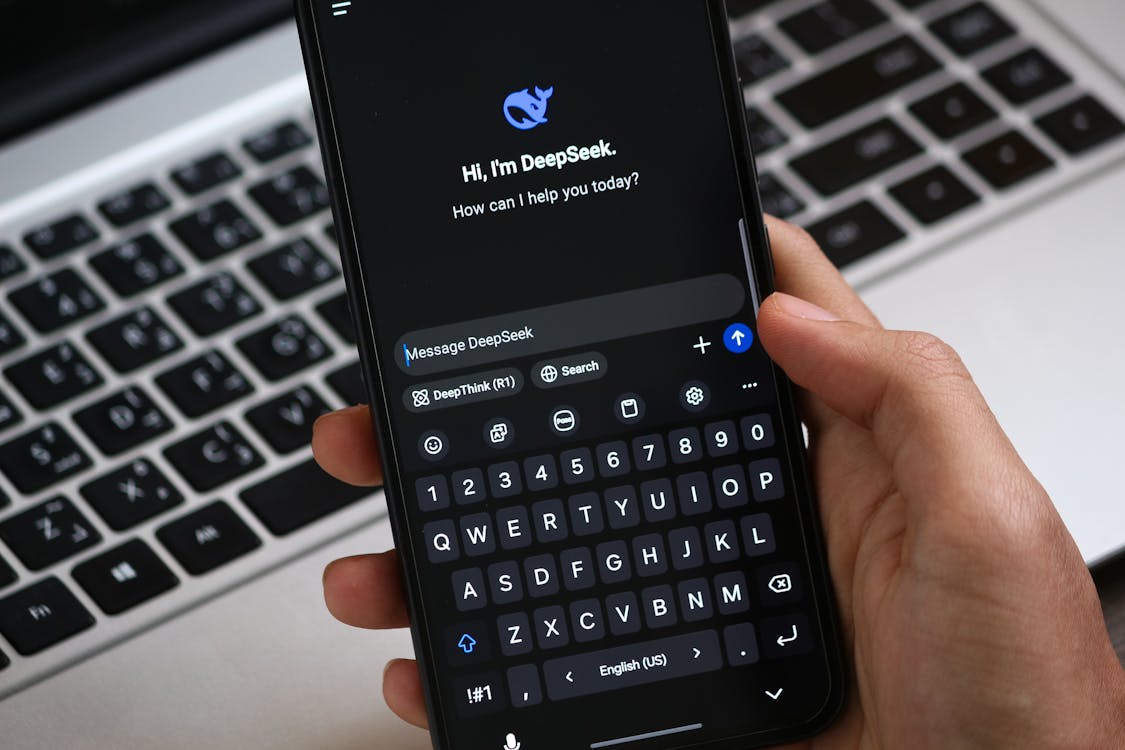
A former Meta executive told Congress that the tech giant helped China develop artificial intelligence (AI), including DeepSeek.
Sarah Wynn-Williams, who worked as Meta’s Director of Global Public Policy from 2011 to 2017, testified before the Senate Judiciary Subcommittee on Crime and Counterterrorism on April 9. She accused the company of lying “about what they were doing with the Chinese Communist Party.”
Her testimony stated Meta’s free Llama AI model gave China key technology to build DeepSeek, a Chinese AI model that rivals OpenAI but cost only $6 million to create.
“[Meta] began offering products and services in China as early as 2014,” Wynn-Williams said in her testimony.
“The greatest trick Mark Zuckerberg ever pulled was wrapping the American flag around himself and calling himself a patriot and saying he didn’t offer services in China while he spent the last decade building an $18 billion business there,” Wynn-Williams said.
Meta strongly denied these claims. Company spokesperson Andy Stone called her testimony “divorced from reality and riddled with false claims.”
“While Mark Zuckerberg himself was public about our interest in offering services in China and details were widely reported beginning over a decade ago, the fact is this: we do not operate our services in China today,” Stone said in a statement.
Yet according to Wynn-Williams, Meta did more than just help with AI. She claimed the company ran a secret program called “Project Aldrin” to enter China’s market. This project allegedly included building censorship tools and creating data connections between the countries.
“Meta built a physical pipeline connecting the United States and China,” her testimony stated. “Meta executives ignored warnings that this would provide backdoor access to the Chinese Communist Party, allowing them to intercept the personal data and private messages of American citizens.”
She claims this access was only blocked because Congress stepped in.
“The greatest trick Mark Zuckerberg ever pulled was wrapping the American flag around himself and calling himself a patriot and saying he didn’t offer services in China while he spent the last decade building an $18 billion business there,” Wynn-Williams further remarked.
The testimony comes at a tense time for U.S.-China relations. The U.S. government has placed strict export restrictions on advanced AI chips to limit China’s progress in developing new AI models. Last November, Reuters reported that Chinese military researchers used Meta’s open-source AI for military projects.
Despite Meta’s legal efforts to silence her, Wynn-Williams published a book called “Careless People” about her experiences at the company.
The hearing happened just days before Meta faced an antitrust trial, and Zuckerberg has reportedly been trying to improve his relationship with the Trump administration.
Senator Josh Hawley (R-Mo.), who chaired the subcommittee, said conservatives should remain critical of big tech companies despite their recent moves to the right. “I’m deeply concerned about their monopolistic power,” Hawley said earlier this year.


![AI Trends for [current_date format='Y']: What's Shaping the Future of AI 3 AI trends](https://www.greenbot.com/wp-content/uploads/2025/04/AI-trends-150x150.png)

















